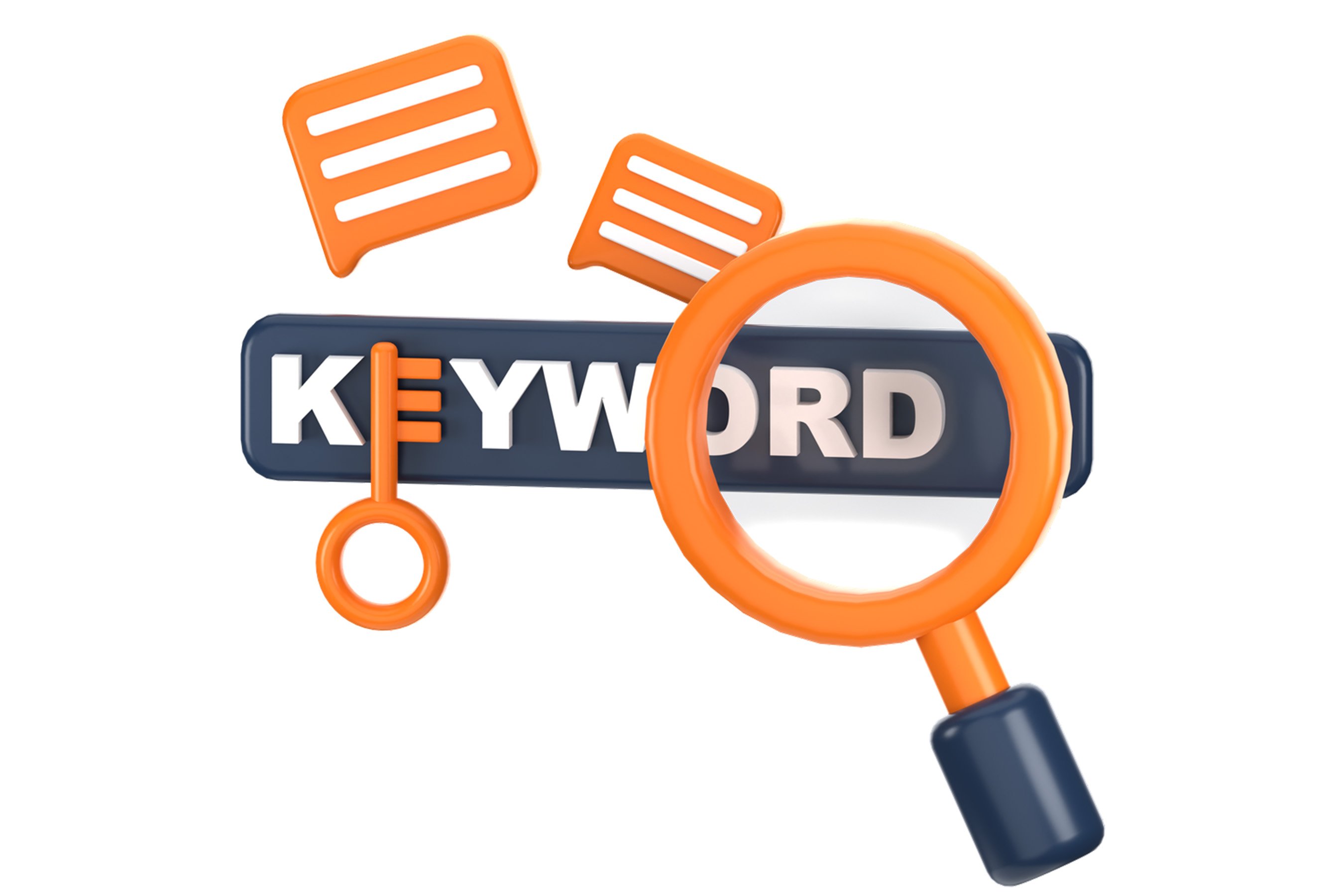How to Register Your Small Business
The first step when starting your new business is registering it. Follow these steps to get your business registered and ready to go!

So you’ve decided to start your own business. Congratulations! Before you hit the ground running, you’ll have to endure your first rite of passage: registering your business.
While it would be great if there was a one-size-fits-all process, the reality is that every business is at the mercy of the state in which it operates. Differences in state laws and regulations mean that business owners across the country will each have their own unique set of steps to follow.
However, there are some general commonalities among states, and a loose set of steps you can follow to register your business. Let’s take a look at what you’ll need to do to get set up.
First things first: Choose a Business Structure
In the great flowchart of registering a new business, “choosing a business structure” belongs on square one. The one you choose will dictate all of the other decisions you’ll need to make. It will also influence how you file your taxes, how you carry out your daily operations and your level of personal risk.
There are a number of different structures, or entities, for you to choose from. Here are some of the most common types of business entities:
Sole proprietorship: If you have never registered your business, it will be considered a sole proprietorship, which is defined as an unincorporated entity that is owned by one person. The most notable characteristic of this structure is that under it, the owner and the business entity are not considered separate legal entities. This makes the owner (that’s you!) liable for any losses that the business experiences.
Partnership: If two or more people own a business together, they may register as a partnership. There are two possible types of partnerships to choose from. In a limited partnership (LP), there is one general partner and one (or more) limited partner. It is important to note the general partner is on the hook for personal liability (and also typically has more control). In a limited liability partnership (LLP), all partners are protected from any losses the business incurs.
Corporation: Unlike sole proprietorships and partnerships, a corporation, or “C Corp”, is its own legal entity, separate from its owners. A corporation can make a profit, be taxed, and be held legally liable. While this structure protects its owners from personal liability, it also requires more record-keeping, processes, and reporting.
For the full list of types of business ownership, check out the 6 Types of Business Ownership (And How to Know Which is Right for You).
Choose a Location
The next important decision to make is where to register your business. Most businesses do not need to register with the federal government, but you will need to register with the state in which you conduct your business activities. Having a location associated with your business allows you to file your taxes, open a business bank account, and receive any important government documents that you’ll need.
Register your Business Name
If your business is a corporation or LLC, you would have registered the name at the time that you registered your business entity. If your business is a sole proprietorship or a partnership that will be operating under a name that’s different from your own, you may need to register your name by filing a DBA, which stands for “doing business as”. Make sure to look up whether the state in which your business is registered requires a DBA.
Finally, you’ll want to look into whether your business name is eligible for use. Once you confirm that, you may want to trademark the name to protect it from being reused by other businesses.
Register with the IRS
Once your business has a structure, location, and name, it will need an Employer Identification Number or EIN. This is necessary for filing taxes, and you’ll register through the IRS in order to obtain one.
Register Locally
Finally, you’ll need to register with state agencies. The U.S. Small Business Administration has a checklist to help you determine whether you need to register with any given state agency:
- Your business has a physical presence in that state
- You have regular in-person meetings with clients in that state
- A significant amount of your company’s revenue comes from that state
- Any of your employees work from that state
In most states, you’ll register with the Secretary of State’s office, a Business Bureau, or a Business Agency.
Keep up with Registration Requirements
Keep in mind, registering your business is not a one-and-done job. The SBA notes that you may need to provide reports or additional documentation after your registration with the state. If you are in California, this article also provides additional guidelines to Registering Your Small Business in 7 easy steps.
Going through the effort (and paperwork) of registering your business can be a headache, but once you’ve done it, you’re ready for the fun part: running your business!
Once you’re set up, GoSite can help you build your website, grow your online reputation, and manage your business on the go, to ensure you are set up for small business success!
%20(1)%20(1).png?width=340&name=Group%2012%20(2)%20(1)%20(1).png)


